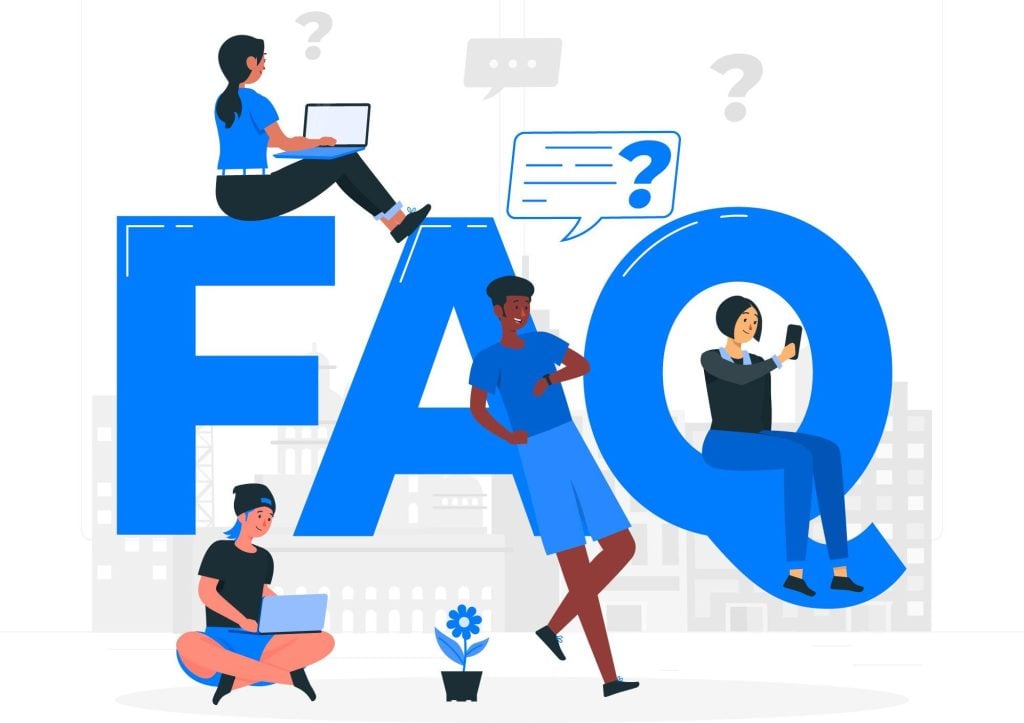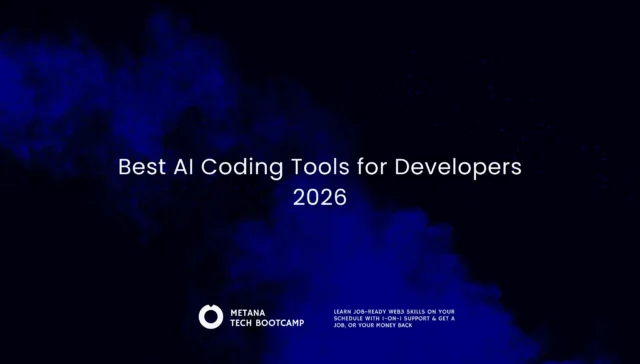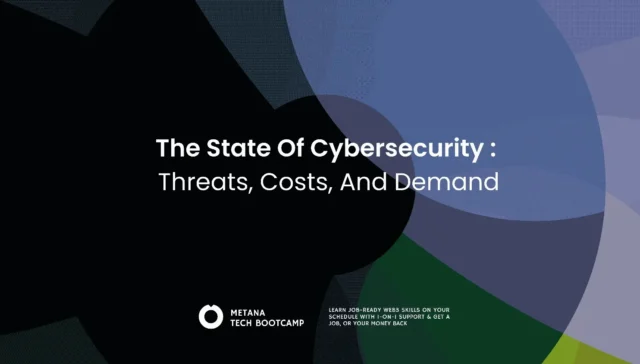TL;DR;
DeFi Projects
- Uniswap
- Aave
- Yearn Finance
NFT Projects
- Aavegotchi
- Sandbox
Metaverse Projects
- Decentraland
Web3 Infrastructure Projects
- Truffle Suite
- Hardhat
- The Graph
Other Notable Projects
- IPFS
- MetaMask
Welcome to the amazing world of Web3 Projects GitHub. It’s a place full of new ideas and ways to change how the internet works. If you’ve ever been curious about how blockchain technology, distributed networks and open-source development can create a new kind of internet, you’re in the right place. In this article, we’re going to explore “Web3 projects on GitHub” and see how these cool projects are using the biggest open-source platform in the world to make the digital world fairer and more open. Get ready for a fun ride into the future of the internet.
What is Web3?
Web3, or Web 3.0, is like the next step for the internet. It’s often called the decentralized internet. This is because it’s expected to be a more open network that isn’t controlled by any one person or group. Web3 uses a network of nodes and often uses blockchain technology. This way, users can interact with each other directly, and users own their own data.Web3 is different from Web2, which is the internet as we know it now. Today, a few big companies control most platforms, data, and applications on the internet. But Web3 wants to change that and make the internet fairer and more open.
What is GitHub?
GitHub is like a storage service for code. It uses something called git to keep track of different versions of code. It’s mostly used for computer code and adds its own special features to the ones git already has. GitHub helps manage who has access to the code and makes it easy to work as a team. It has features like bug tracking, task management, and wikis for each project.
GitHub can work with many types of files, not just source code. It can also connect with popular services like Amazon and Google Cloud, as well as important tools for developers.

Why is GitHub important for Web3 projects?
GitHub is important for Web3 projects for a number of reasons:
- Collaboration: Web3 projects are often complex and require the collaboration of multiple developers. GitHub provides a platform for developers to share code, review each other’s work, and discuss changes.
- Transparency: GitHub is an open-source platform, which means that all of the code for a project is publicly visible. This transparency helps to build trust with users and investors.
- Community: GitHub has a large and active community of Web3 developers. This community provides support, resources, and mentorship to new and experienced developers alike.
In short, GitHub’s combination of version control, collaboration, and transparency tools makes it a vital platform for Web3 projects.
Popular Web3 Projects on GitHub
The world of Web3 is expansive and diverse, with various applications and projects that leverage blockchain technology to revolutionize different facets of the digital space. GitHub, as a platform for open-source collaboration, hosts numerous such projects. Here’s a look at some popular categories of Web3 projects GitHub,
Decentralized Finance (DeFi) Projects
DeFi projects are disrupting the traditional finance sector by enabling decentralized exchanges, lending platforms, yield farming, and more. Some popular DeFi projects on GitHub include:
- Uniswap – A protocol for automated token exchange on Ethereum.
- Aave – An open-source and non-custodial protocol to earn interest on deposits and borrow assets.
- Yearn Finance – A suite of products in DeFi that provides lending aggregation, yield generation, and insurance.
Non-Fungible Token (NFT) Projects
NFTs represent unique digital assets and have found applications in art, collectibles, gaming, and more. They are traded and managed on various platforms whose codebases are often available on GitHub, such as:
- Aavegotchi – A DeFi-integrated NFT game with collectible, customizable ghost characters (Aavegotchis) that have traits, wearables, and staking mechanics. Highly active open-source repos on GitHub (e.g., core contracts and pixel art tools), blending NFTs with gaming and yield farming.
- The Sandbox – A user-generated metaverse/game platform where NFTs represent voxel assets, land, and in-game items. Strong open-source elements (e.g., voxel tools, SDKs) and massive popularity in NFT gaming.
Metaverse Projects
Metaverse projects aim to create virtual reality spaces where users can interact with a computer-generated environment and other users. Notable metaverse projects on GitHub include:
- Decentraland – A decentralized virtual reality platform powered by the Ethereum blockchain.
Web3 Infrastructure Projects
Infrastructure projects provide necessary tools and platforms to build and operate Web3 applications. Some prominent infrastructure projects on GitHub are:
- Truffle Suite – A world-class development environment, testing framework, and asset pipeline for blockchains using the Ethereum Virtual Machine (EVM).
- Hardhat – A development environment to compile, deploy, test, and debug Ethereum software.
- The Graph – An indexing protocol for querying networks like Ethereum and IPFS.
Other Notable Web3 Projects
- IPFS – A global, versioned, peer-to-peer filesystem that makes the web faster, safer, and more open.
- Metamask – A crypto wallet and gateway to blockchain apps.
These projects, among many others, are leading the charge in the Web3 revolution, and GitHub plays a crucial role in their development and proliferation.
How to use GitHub to contribute to Web3 projects?

Finding Web3 Projects to Contribute To
- Search: Use GitHub’s search feature to find projects in the area of your interest. You can search with keywords such as “Web3”, “blockchain”, “Ethereum”, “DeFi”, etc.
- Explore: Visit the repositories, read their README files, and get a basic understanding of what the project is about. Many projects also have a CONTRIBUTING.md file which contains guidelines for contributing.
- Star & Follow: If you find a project you’re interested in, you can “Star” it for future reference. Furthermore, you can “Watch” the repository to get notifications about all conversations.
Understanding the Project’s Codebase
- Fork & Clone: Once you’ve identified a project, you should “fork” the repository which creates a copy of the codebase in your GitHub account. Then, you can “clone” this forked repository to your local machine.
- Dive In: Spend some time understanding the codebase. Look at the file structure, read the code, and understand its flow. Run the code on your local machine if possible.
- Documentation: Always refer to the project’s documentation. It’s a treasure trove of information on how the codebase is organized, what different parts of the code do, and more.
Opening and Reviewing Issues and Pull Requests
- Issues: GitHub Issues are a great way to track bugs, enhancements, or other requests. You can open an issue when you spot a bug, have a feature request, or want to discuss something related to the project.
- Reviewing Issues: Go through existing issues. Try to reproduce the issues, understand them, and chime in on the conversation if you have something to add.
- Pull Requests: Similarly, you can review existing pull requests. Look at the proposed changes, how they fix the problem, and learn from other contributors’ code.
Submitting Your Own Pull Requests
- Identify a Change: You might want to fix a bug, add a feature, or improve documentation. Once you’ve identified a change:
- Branch: Create a new branch on your local repository. It helps isolate your changes and keep the master branch clean.
- Make Changes: Make your changes in this new branch. Be sure to follow the project’s coding standards.
- Commit: Commit your changes with a clear message stating what you’ve done.
- Push: Push your changes to your forked repository on GitHub.
- Pull Request: Go to the original repository and open a pull request. Fill in the necessary details about what your code does and submit.
Remember, contributing to open source is not just about code. It’s about collaboration, learning, and growing. Happy coding!
Conclusion : Web3 Projects GitHub
The GitHub repositories mentioned in the article are rich resources for exploring and mastering the Web3 landscape. They provide a structured pathway to learn, contribute, and excel in the field. Whether you are a beginner or an experienced developer in the Web3 domain, GitHub enables you to engage and contribute meaningfully to these projects.
In conclusion, the convergence of GitHub and Web3 is empowering us all to participate in building a more decentralized digital future. Hope this helped on Web3 Projects GitHub!

- What is Web3?
Web3 refers to the third generation of internet technology that leverages blockchain for decentralized digital interactions.
- How does Ethereum and Solidity fit into Web3?
Ethereum is a blockchain platform for building decentralized applications, and Solidity is its native programming language.
- What is a smart contract?
A smart contract is a self-executing contract with the terms of the agreement directly written into code.
- Why is MetaMask significant in the Web3 space?
MetaMask is a Web3 wallet that lets users interact with dApps directly from their browsers.
- What is the role of IPFS in Web3?
IPFS is a decentralized storage protocol that plays a critical role in ensuring data permanence in Web3.
- How does The Graph contribute to dApp development?
The Graph allows developers to build dApps on Ethereum and IPFS using GraphQL, simplifying the dApp development process.
- What does Chainlink provide for smart contracts?
Chainlink provides reliable and tamper-proof data inputs and outputs for smart contracts across various blockchains.
- What is an interest rate protocol in DeFi, like Compound?
An interest rate protocol, like Compound, enables developers to create applications where users can earn or pay interest on their crypto assets.
- How does Uniswap contribute to the DeFi ecosystem?
Uniswap is a protocol on Ethereum for swapping and creating liquidity, enabling decentralized trading of tokens.







